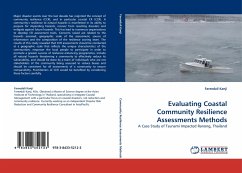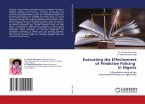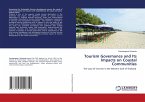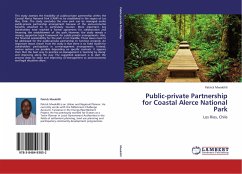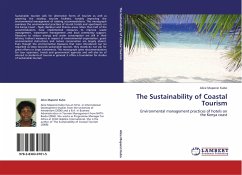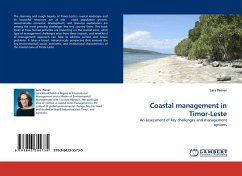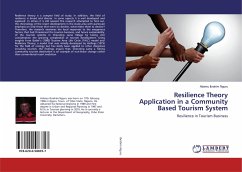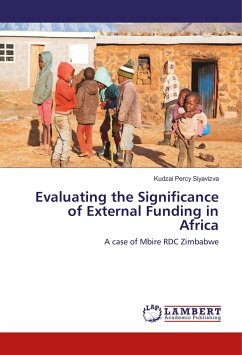Major disaster events over the last decade has reignited the concept of community resilience (CCR), and in particular coastal CR (CCR). A community's resilience to natural hazards is manifested in its ability to prepare for impending hazards, recover from resulting disasters and mitigate against future hazards. This has lead to numerous organisations to develop CR assessment tools. Concerns raised are related to the hazards assessed, geographic scale of the assessment, source of information and the composition of the resilience scoring team. The results of this study revealed that CCR assessments should be conducted at a geographic scale that reflects the unique characteristics of the communities, empower the local people to participate in order to promote a greater success of resilience enhancing programmes, include all natural hazards threatening a community to effectively reduce its vulnerability, and should be done by a team of individuals who are not stakeholders of the community being assessed to reduce biases and should be consistent for all assessments of a community to ensure comparability. Practitioners of CCR would be benefited by considering these factors carefully.
Bitte wählen Sie Ihr Anliegen aus.
Rechnungen
Retourenschein anfordern
Bestellstatus
Storno

